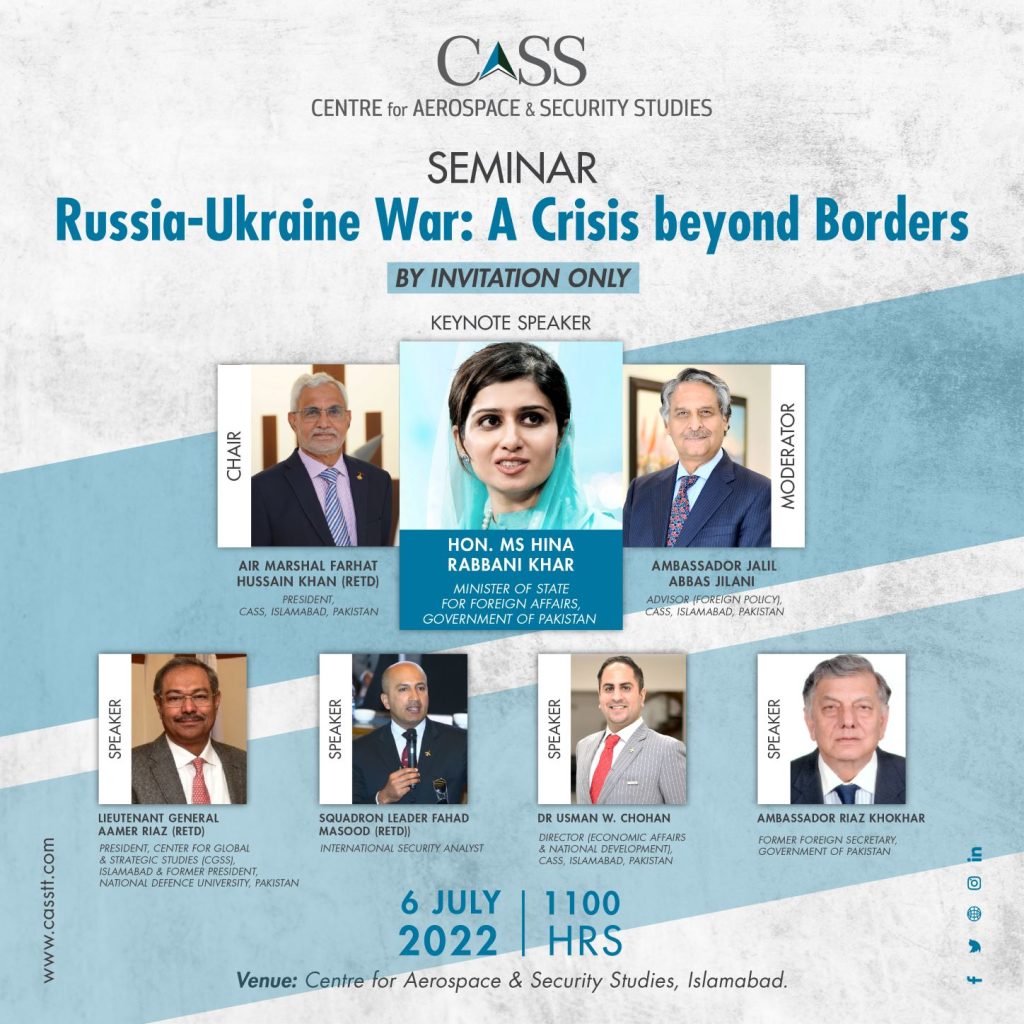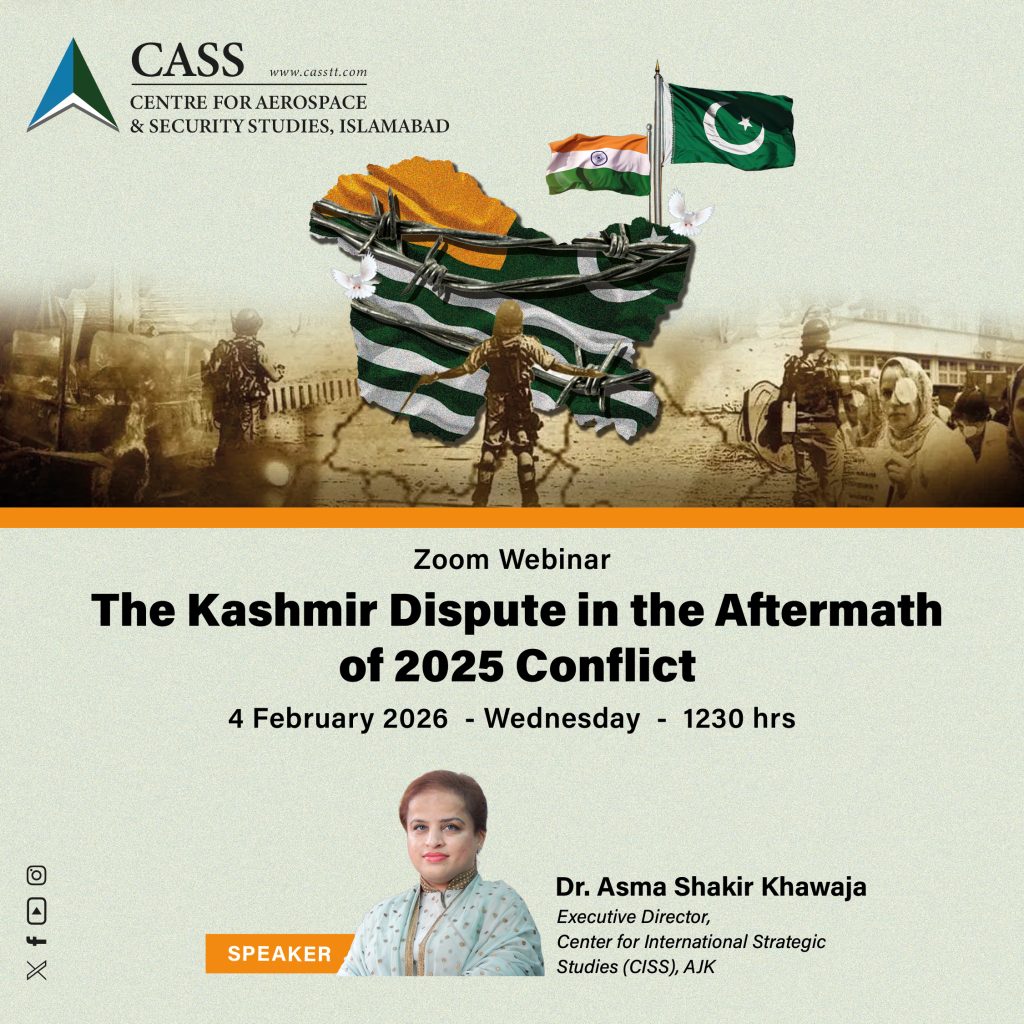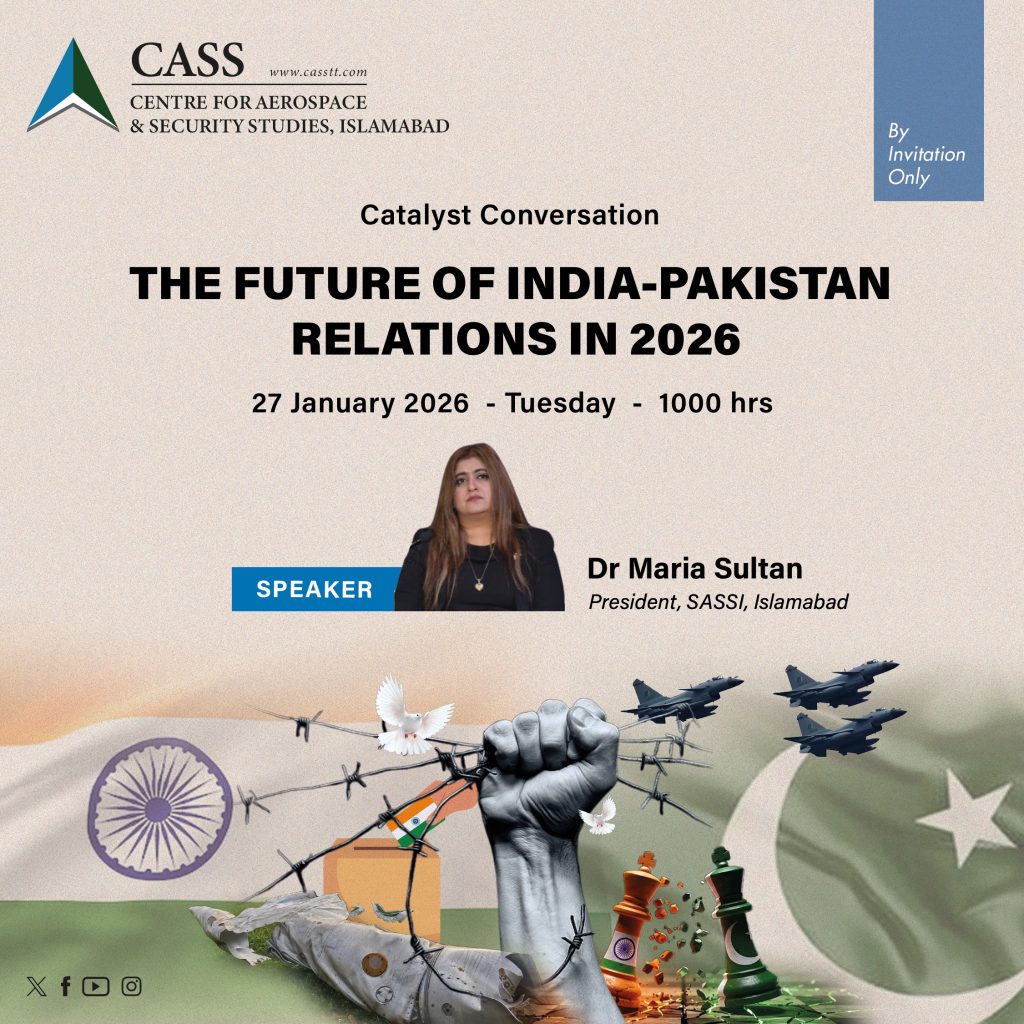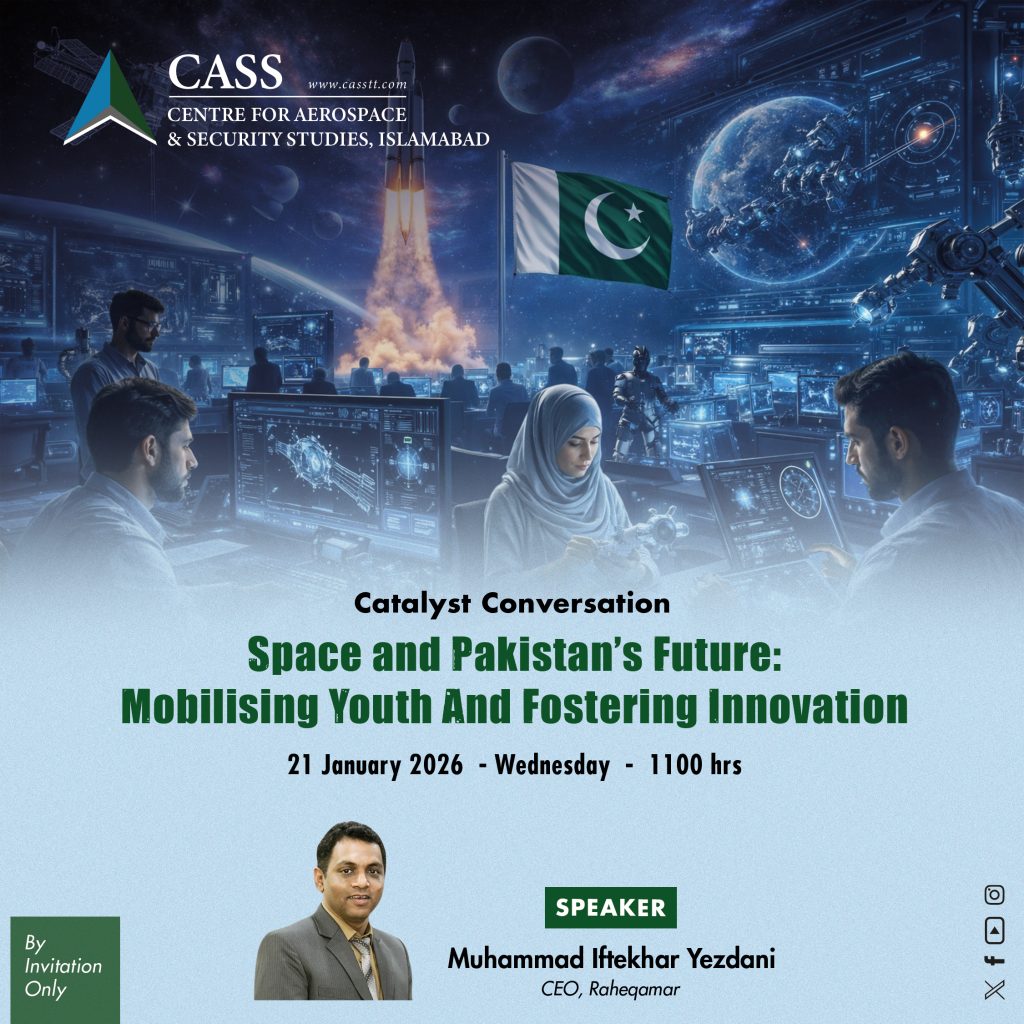Concept Note
The Russia-Ukraine war has been ongoing with full intensity for more than three months now, causing heavy losses on both sides. The significance of the current crisis lies in the fact that because of NATO’s intervention, which led to Kosovo’s independence in 1999, this is the first time that borders are being redrawn by force in Europe.
After the Cold War, the region’s security rested on the notion that there would be a ‘buffer zone’ between Russia and NATO forces in Europe. The Kremlin believes this was promised while the United States (US) and former Soviet Union were agreeing to the terms and conditions of German reunification post-fall of the Berlin Wall. The current war is a culmination point of a series of events (the latter being one) which have taken place in the region over the past two decades, with each side blaming the other for causing the conflict.
For one thing, the so-called ‘buffer zone’ has been shifting with NATO’s eastward expansion. Since 1999, 14 new states, including the Baltic states of Estonia, Latvia, and Lithuania, and three members of the former Warsaw Pact – Bulgaria, Romania, and Slovakia – have joined the North Atlantic Alliance. Furthermore, the 2014 Euromaidan protests in Ukraine, allegedly backed by the US and the European Union (EU), led to the ouster of Russian-backed President, Viktor Yanukovych. In response, Russia’s annexation of Crimea in 2014, and subsequent support to the separatist movement in Donetsk and Luhansk Provinces of the Donbas region of Ukraine, are also contributing factors to the current crisis.
The war in Ukraine has far-reaching political, strategic, and economic repercussions. It has divided the world into political and diplomatic blocs. While most of Europe and the US has rallied behind Ukraine and supported Kyiv with money and resources to fight against Russia, some other countries, like Pakistan, are maintaining a neutral position, calling for the cessation of hostilities and emphasising the need for a diplomatic solution. The conflict is especially hurting the global economy while the world is still facing aftershocks of the COVID-19 pandemic.





